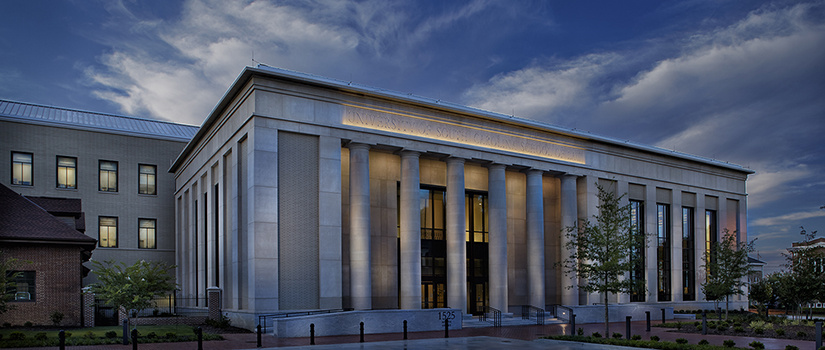This Essay thus addresses the ethicality and constitutionality of what seems like an unavoidable future: the availability and advantages of advanced AI counsel to represent clients.
Current Issue
Issue 4, Volume 74
This is a minimally edited transcript of Dean William C. Hubbard’s opening remarks given on March 17, 2023 at the South Carolina Law Review’s annual Symposium. Dean Hubbard is the Dean of the University of South Carolina School of Law.
This Article will acknowledge this growing trend toward practice-based lawyer norms, point out how it allows interaction between the existing place-based norms and the new practice-based norms, and compare this movement with the existing regulatory conditions outside the US.
This Article reviews the findings of the statewide assessment and related efforts in other states and identifies strategies for improving access to civil legal assistance in South Carolina.
From all directions, unmistakable signals show that the American legal profession and the business of law is currently in the midst of great change. A tour d’horizon reveals two broad categories of change—those driven by economics and those driven by regulatory reforms.
This Note presents a comprehensive review of student practice rules in all fifty states and proposes rule changes in South Carolina to empower law students to serve as navigators in specific areas of need.
Part II of this Comment addresses the facts, procedural history, and holding of In re Anonymous Applicant for Admission to the South Carolina Bar; the process of being admitted to the South Carolina Bar; and the character and fitness requirement of the South Carolina Bar Application. Part III analyzes the questions on the Application for Admission to the South Carolina Bar that require information about mental health, prior convictions, and expunged offenses; makes recommendations on how to amend questions that are discriminatory or overly broad; examines the predictive power of the information solicited by the application; and compares other states’ character and fitness evaluations to South Carolina’s character and fitness evaluation. Part IV concludes by highlighting the difficult task of protecting the legal profession charged to the Character and Fitness Committee and by urging the South Carolina Supreme Court to make progressive changes to the character and fitness portion of the Application for Admission to the South Carolina Bar.
Contact Us
The South Carolina Law Review
1525 Senate Street | Columbia, SC 29208
[email protected]
